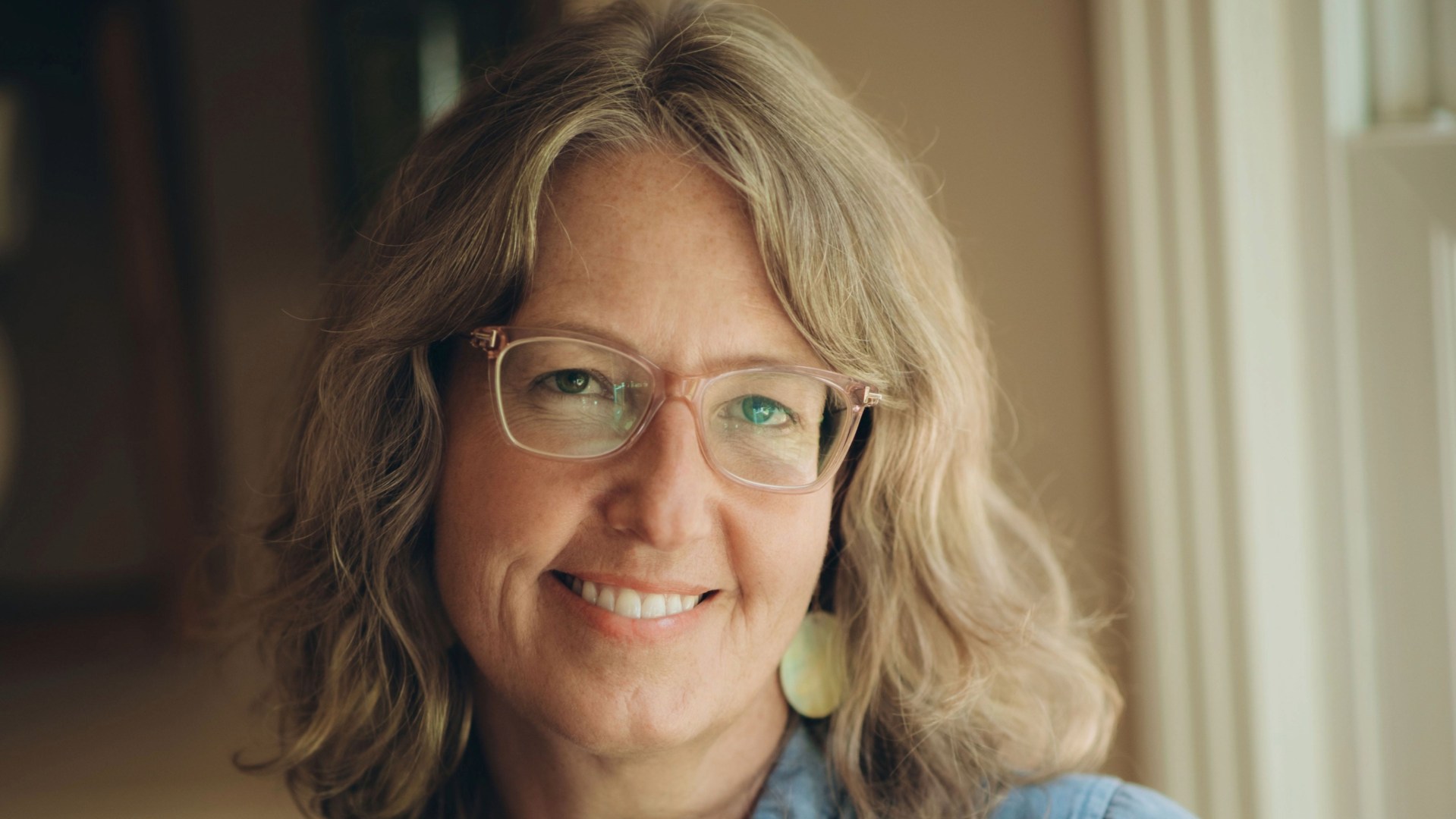In February 2022, Christianity Today’s then-public theologian Russell Moore spoke about the intersection of faith and politics at Emily Barr’s church in Nashville. Emily was paying close attention. The political climate had left her feeling isolated from fellow believers and “dumbfounded” to see Christian leaders supporting politicians whose actions seemed to violate “the morals I was raised with as a Christian conservative.”
Russell’s words and wisdom resonated deeply with Emily.
“I remember thinking, Okay, there are other Christians out there experiencing what I am,” she said. “I’m not the only one seeing a disconnect.”
After hearing Russell speak, Emily began encountering his work on social media and found his podcast, The Russell Moore Show. She began reading Christianity Today more regularly, grateful for the publication’s coverage of domestic and global issues affecting the church. (Russell became Christianity Today’s editor in chief in August 2022.)
“It was a slow trickle, accessing all these resources,” she said. “But it started with the influence of Dr. Moore. His perspective helped me understand why I felt disconnected from my community, my tradition, and my politics—my previous politics.”
Emily grew up in a churchgoing family in rural Illinois. She remembers accepting Jesus personally at the age of 7, after her pastor presented a slideshow about a mission trip he had returned from. Her faith deepened from summer camp and Youth for Christ events before she attended Wheaton College, her father’s alma mater.
Before settling in Brentwood, Tennessee, Emily worked as a missionary art teacher in a Spanish-speaking community in Los Angeles, taught public-school art in the Chicago area, and then moved to Massachusetts to attend Harvard Graduate School of Education. She met her husband at a church in Cambridge, Massachusetts, as she trained teachers in Boston Public Schools.
Now a mother of two teenage girls, Emily has become a consistent Christianity Today reader. In the past year, she’s appreciated CT articles that resonate with different aspects of her everyday life, such as parenting, public education, caregiving for aging parents, and the influence of social media.
She also listens to CT’s podcast The Bulletin regularly, enjoying its faith-based commentary on current events. “I’m just so thankful that Christians are thinking and talking about stuff that matters and that’s immediately applicable to my daily life,” she said. “CT’s content helps me stay sane and hopeful right now in what seems like a hopelessly polarized country.”
Emily also appreciated CT’s recent podcast, The Devil and the Deep Blue Sea, an investigative study of the Satanic Panic and how the ensuing hysteria diverted the Church from confronting abuse within its ranks. She drew parallels with the 1980s, 1990s, and the present, feeling both reassured and unsettled by the cyclical history.
“The Devil and the Deep Blue Sea definitely put me in a little tunnel,” she said. “I remember those days, that emphasis on outward, moral behavior, and how it backfired. I had a hard time getting out of my car and talking about what we’re going to have for dinner after listening to those episodes.”
Because of her Midwest roots, experience as a missionary, and career in mostly urban educational contexts, Emily values a conversation that includes the diverse perspectives of Christians around the world. She’s found more of that conversation in Christianity Today’s reporting on the global Church.
“We ought to be reminded that Christians look and act differently and have different traditions and backgrounds and ideas about how the world works best. And Jesus is enough to bind all of that together,” she said, noting that more than one-third of CT’s readership is from outside of the United States.
“The extent to which we let our own tribe or our own denomination or our own tiny little corner of the world dictate how we see God’s kingdom limits our ability to really listen to and love our neighbors.”
Emily grieves for the many in her generation who have stopped attending Church because they have grown weary of its politicization. CT has helped keep her from growing overly cynical.
“Christianity Today doesn’t align with a party,” she said. “They are critical from a theological perspective on things in society that are contrary to the Word of God, but they do it in a way that is accessible, with language that values compassion and different points of view.”
Emily believes that “loving and winning people to Christ” requires an openness toward them—a characteristic she believes Christianity Today embodies. “CT is thinking about almost every topic in a way that is fruitful and invites conversation,” she said. “It doesn’t shut down. It doesn’t shame other people. It’s like, ‘Come and talk about this with us.’”
Emily and Russell are both local to the Nashville area, and she recently ran into him at the grocery store.
“I was able to thank him personally for the way his work has encouraged me to ask hard questions, remain hopeful, and love others,” she said. “Christianity Today is evidence that there is good thinking within the Church regarding the Bible and how it intersects with our world. That makes me really happy.”




